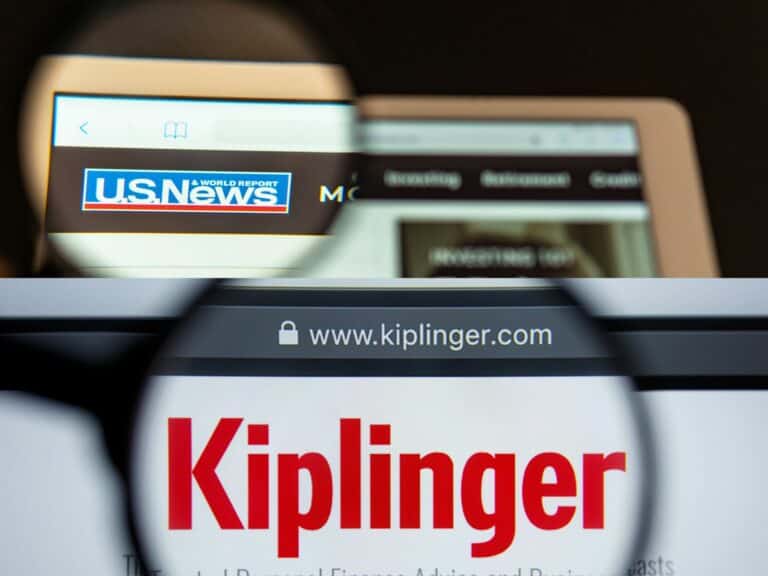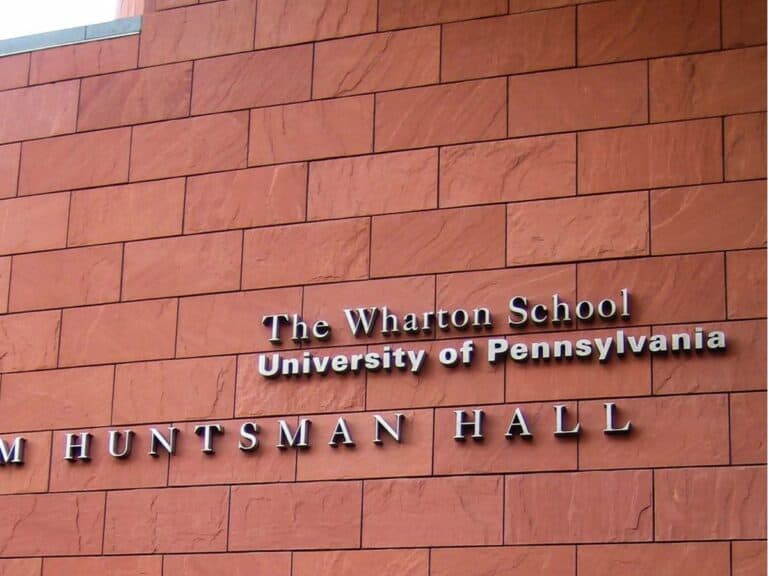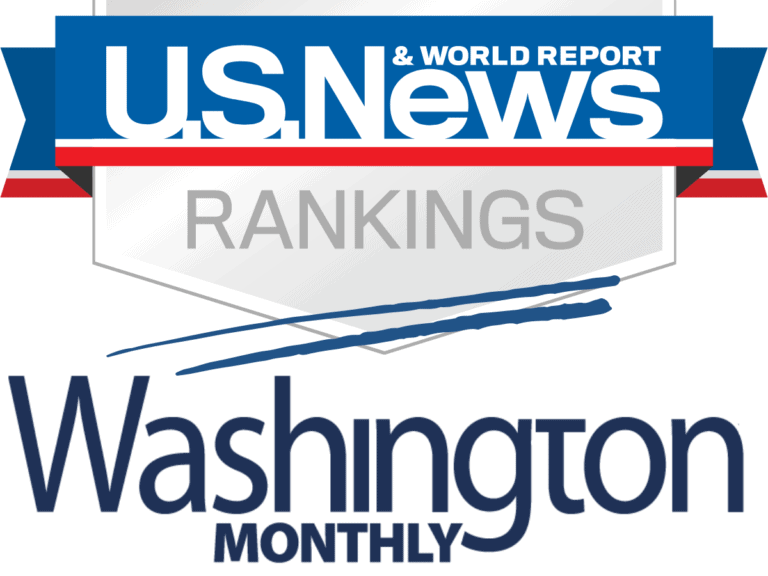Which State Has Best Colleges: Ultimate Guide
Most college-bound kids wonder which colleges or universities they should send applications to. But then there are also those who think about which US state they should move to for the best college experience or program.
Students share the same criteria for choosing a school. However, they prioritize different benchmarks.
For instance, a lower sticker price may be the most important criterion for some, while a higher acceptance rate may be the most essential for others. In the end, the best college or university is the one that you like personally.
Below, we will talk about which state you should go to college in based on an assortment of deciding factors, ranging from the most number of historically black colleges, highest graduation rate to the best weather 365 days a year.
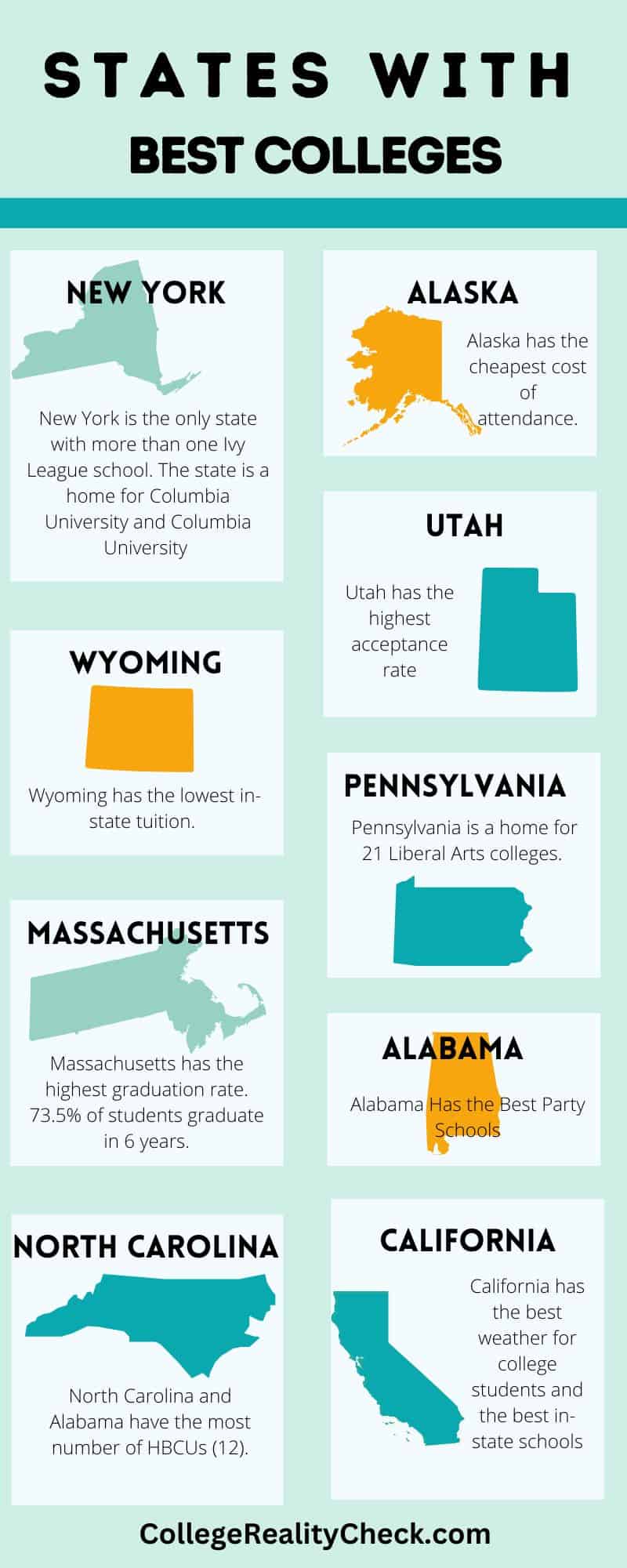
So don’t stop reading now if you want to have nothing but the most memorable and fruitful college life.
New York Has the Most Ivy League Schools
Across the Northeast, there are eight elite colleges and universities that make up the Ivy Leagues. However, the only state with more than one Ivy League school is New York.
The rest have one each: Connecticut, Massachusetts, New Hampshire, New Jersey, Rhode Island and Pennsylvania.
Here are the two Ivy League institutions found in the Empire State:
| UNIVERSITY | LOCATION |
|---|---|
| Columbia University | New York City |
| Cornell University | Ithaca |
The acceptance rate at Columbia University is 5.4% only. Some of its best majors include engineering, economics, political science, computer science, and visual and performing arts.
On the other hand, the acceptance rate at Cornell University is slightly higher — 10.9%. Some of its top majors are business, marketing, management and engineering.
Besides the Ivy Leagues, there are also the Hidden Ivies.
Put simply, these are clusters of US colleges and universities available to smart college-bound kids. Some of these Hidden Ivies are located in New York, too:
| SCHOOL | LOCATION |
|---|---|
| Barnard College | New York City |
| Colgate University | Hamilton |
| Fordham University | New York City |
| Hamilton College | Clinton |
| Skidmore College | Saratoga Springs |
| Union College | Schenectady |
| University of Rochester | Rochester |
| Vassar College | Poughkeepsie |
California Has the Best Weather for College Students
There is no denying that earning a degree is stressful and exhausting. It’s because of this why a lot of hard work, dedication and passion is a must for all students who wish to successfully complete their respective college programs.
Horrible weather can make college harder for a lot of students. This is especially true since it’s linked to seasonal affective disorder (SAD), which is a type of depression.
According to the Bates College Health Center, which is located in Lewiston, Maine, up to 13% of college students in the US suffer from SAD.
Most of those with SAD attend colleges and universities in the Northeast, where there are bitterly cold winters.
If you often find yourself under the weather when the weather gets cold and gloomy and you fear that it might get in the way of you getting your hands on a degree, consider applying to one of the many colleges and universities in California, which is touted as the state with the best weather all year round.
Besides the best weather, the Golden State also has some of the best colleges and universities, such as:
| SCHOOL | LOCATION |
|---|---|
| Stanford University | Stanford |
| California Institute of Technology | Pasadena |
| University of California – Los Angeles | Los Angeles |
| University of California – Berkeley | Berkeley |
| University of Southern California | Los Angeles |
| University of California – Santa Barbara | Santa Barbara |
| University of California – Irvine | Irvine |
| University of California – San Diego | La Jolla |
| University of California – Davis | Davis |
| Pepperdine University | Malibu |
Alabama Has the Best Party Schools
All work and no play, as the old adage goes, makes Jack a dull boy. And if you want to have fun while completing your program, consider sending your application to a party school.
Just because party schools tend to have a bad reputation doesn’t mean you should turn your back on them even if you dream of going to one.
Besides letting you have a blast, attending a party school can also help you develop better social skills and create a network of friends, both of which can help you find the best jobs after graduation.
The number one party school in the US differs from one college ranking site to the other.
However, the Princeton Review, Niche and prep Scholar all agree that the University of Alabama – Tuscaloosa is the leader of the bunch.
A public research university located in Tuscaloosa, the school is known for its law school, too. It’s also referred to as The Capstone as it’s said to be the capstone of the public school system of the state of Alabama.
Besides the University of Alabama – Tuscaloosa, there are other party schools in the Heart of Dixie, such as:
| SCHOOL | LOCATION |
|---|---|
| Auburn University | Auburn |
| Alabama State University | Montgomery |
| Samford University | Birmingham |
| Alabama A&M University | Normal |
| Tuskegee University | Tuskegee |
| Spring Hill College | Mobile |
| Jacksonville State University | Jacksonville |
| Troy University | Troy |
| University of South Alabama | Mobile |
| Miles College | Fairfield |
Pennsylvania Has the Most Liberal Arts Colleges
If you want a well-rounded education, consider applying to a liberal arts college.
There are less than 200 colleges and universities in the US offering undergraduate programs with emphasis in the liberal arts and sciences. You can find them across the country, but many are located in small towns in the Midwest and East.
Because they are everywhere, it can be time-consuming to compare different liberal arts colleges in different states.
This is when the benefit of focusing on those that are located in Pennsylvania comes in. It’s because there are over 20 liberal arts colleges in the Keystone State.
The majority of them are situated in Pittsburgh and Philadelphia. What’s more, Pennsylvania is home to high-ranking liberal arts colleges, such as Bryn Mawr College and Haverford College.
However, it doesn’t mean that you should skip checking out liberal arts colleges elsewhere in the nation.
For instance, the number one and number two liberal arts colleges (Williams College and Amherst College), US News says, are both located in Massachusetts. The number three liberal arts college (Swarthmore College) is in Philadelphia.
Still, there are more liberal arts colleges to choose from in Pennsylvania. After checking them out and placing some on your list, it’s a good idea to compare your choices with liberal arts colleges elsewhere in the US.
Here are the number of liberal arts colleges in various states:
| STATE | NUMBER OF LIBERAL ARTS COLLEGES |
|---|---|
| Pennsylvania | 21 |
| New York | 14 |
| Massachusetts | 13 |
| Virginia | 12 |
| California | 11 |
| Minnesota | 7 |
| Illinois | 6 |
| Indiana | 6 |
| North Carolina | 6 |
| South Carolina | 6 |
| Wisconsin | 6 |
Read Also: How Do You Get Into Seven Sisters College?
Alabama and North Carolina Have the Most Number of HBCUs
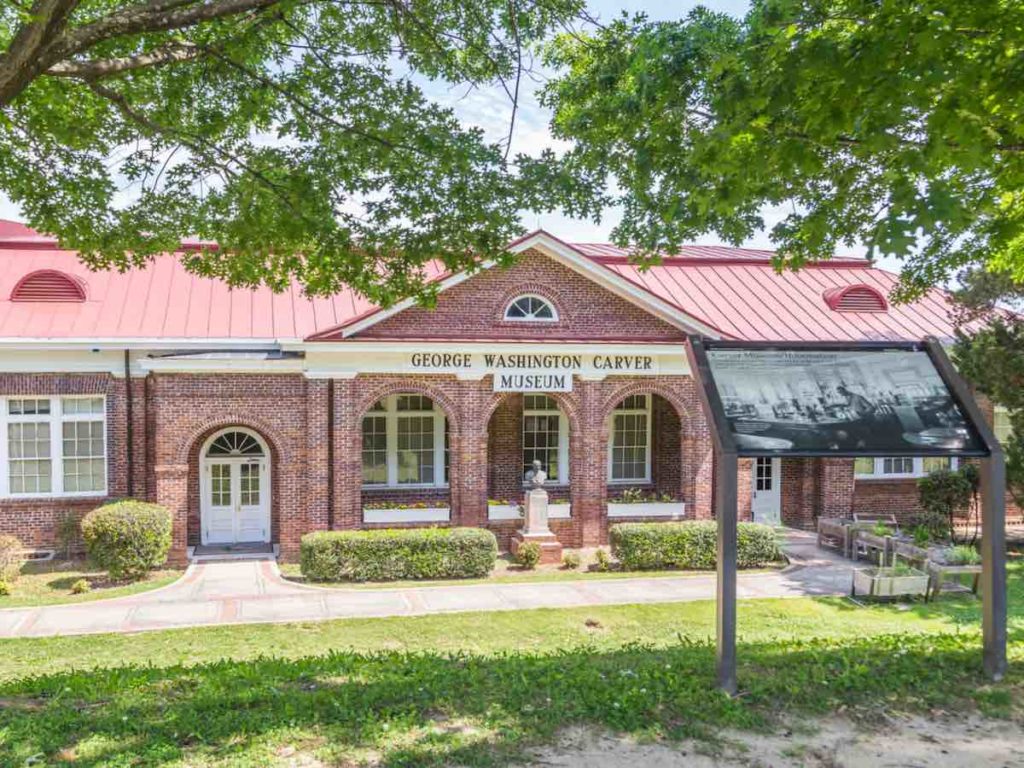
If you wish to go to one of the 101 historically black colleges and universities (HBCUs) in the country, look no further than Alabama and North Carolina.
That’s because these states have the most number of HBCUs. Both the Yellowhammer State and the Tar Heel State have 12 historically black colleges each.
Most HBCUs, which were founded after the American Civil War, are located in the Southern US.
It’s because of this why there are a lot of HBCUs in Alabama and North Carolina, and the neighboring states, too.
However, it doesn’t mean that there are no historically black colleges in non-Southern states.
For instance, Missouri has two HBCUs: Harris-Stowe State University and Lincoln University of Missouri.
Ohio also has a couple of HBCUs: Central State University and Wilberforce University.
California and Delaware each have one.
One of the reasons why many students apply to HBCUs is the fact that historically black schools generally have lower tuition and fees than most other colleges and universities out there, especially private ones.
Alabama and North Carolina offer numerous HBCUs, thus increasing your chances of finding the right one according to your personal criteria such as sticker price, acceptance rate and major.
In order to make the process of college application easier, it’s a good idea to check out the surplus of HBCUs in Alabama and North Carolina.
The following are the 12 HBCUs situated in Alabama:
| SCHOOL | LOCATION | TYPE |
|---|---|---|
| Alabama A&M University | Normal | Public |
| Alabama State University | Montgomery | Public |
| Bishop State Community College | Mobile | Public |
| Concordia College | Selma | Private |
| Gadsden State Community College | Gadsden | Public |
| Miles College | Fairfield | Private |
| Oakwood University | Huntsville | Private |
| Selma University | Selma | Private |
| Shelton State Community College | Tuscaloosa | Public |
| Stillman College | Tuscaloosa | Private |
| Talladega College | Talladega | Private |
| Tuskegee University | Tuskegee | Private |
And now, here are the 12 HBCUs found in North Carolina:
| SCHOOL | LOCATION | TYPE |
|---|---|---|
| Barber-Scotia College | Concord | Private |
| Bennett College | Greensboro | Private |
| Elizabeth City State University | Elizabeth City | Public |
| Fayetteville State University | Fayetteville | Public |
| Johnson C. Smith College | Charlotte | Private |
| Livingstone College | Salisbury | Private |
| North Carolina A&T State University | Greensboro | Public |
| North Carolina Central University | Durham | Public |
| NCCU School of Law | Durham | Public |
| Shaw University | Raleigh | Private |
| St. Augustine’s College | Raleigh | Private |
| Winston-Salem State University | Winston | Public |
Read Also: Can Anyone Go to a Historically Black College?
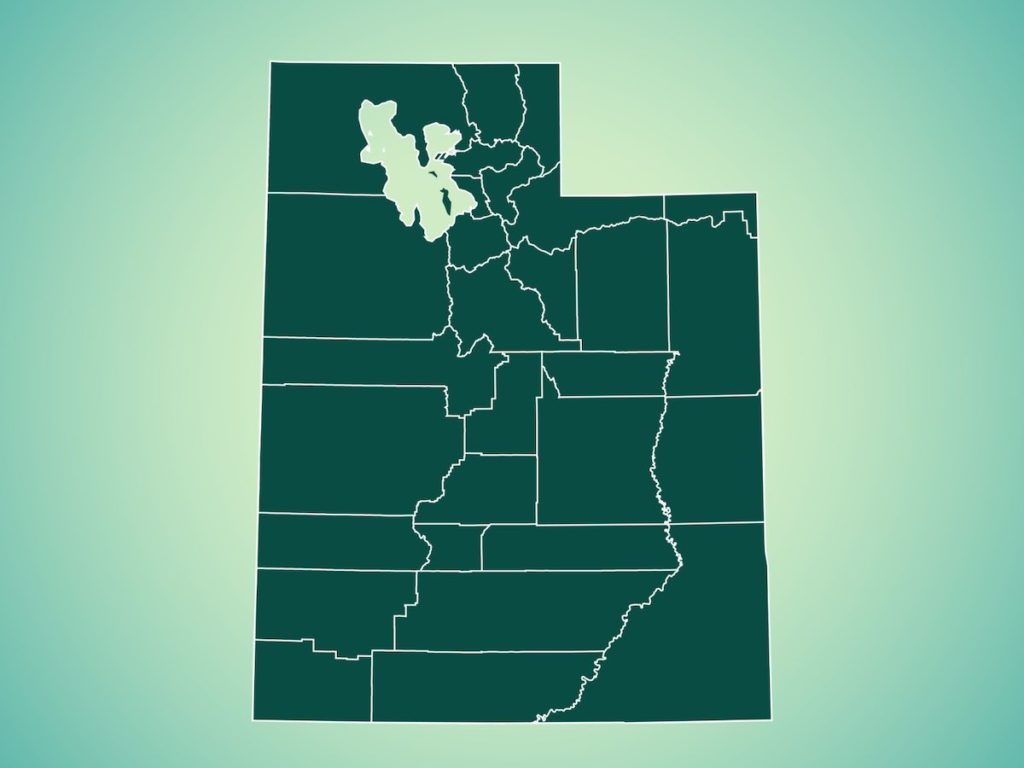
Utah Has the Highest Acceptance Rate
Most students, especially those who are not 100% confident that their applications are worthy of acceptance letters, put colleges and universities with high acceptance rates on the top of their list.
As a general rule, the higher an institution’s acceptance rate, the higher the chances of applicants gaining admission into it.
Some schools even have 100% acceptance rates, thanks to their open admissions policy.
This means that they have an admission process that’s unselective and non-competitive. The only criterion for admission is that applicants have a high school diploma or an equivalent, like a GED certificate.
Most schools with an open admissions policy are community colleges. There are also a few four-year institutions with the same admission process.
In the Top 100 Colleges With Highest Acceptance Rates for 2021 by Education Corner, there are a total of seven colleges and universities situated in Pennsylvania.
They are:
| SCHOOL | LOCATION | ACCEPTANCE RATE |
|---|---|---|
| Edinboro University of Pennsylvania | Edinboro | 95.30% |
| Carlow University | Pittsburgh | 95.20% |
| Indiana University of Pennsylvania | Indiana | 94.70% |
| Neumann University | Aston | 94.00% |
| La Roche College | Pittsburgh | 94.00% |
| Westminster College | New Wilmington | 93.60% |
| Lock Haven University of Pennsylvania | Lock Haven | 93.40% |
In the said ranking, a total of 15 colleges and universities have 100% acceptance rates:
| SCHOOL | LOCATION |
|---|---|
| Metropolitan State University | St. Paul, Minnesota |
| Montana State University – Northern | Havre, Montana |
| Wayne State College | Wayne, Nebraska |
| Weber State University | Ogden, Utah |
| Indian River State College | Fort Pierce, Florida |
| Bismarck State College | Bismarck, North Dakota |
| Dixie State University | St. George, Utah |
| Granite State College | Concord, New Hampshire |
| University of Pikeville | Pikeville, Kentucky |
| Boston Architectural College | Boston, Massachusetts |
| City University of Seattle | Bellevue, Washington |
| Academy of Art University | San Francisco, California |
| Covenant College | Lookout Mountain, Georgia |
| Utah Valley University | Orem, Utah |
| University of Maryland Global Campus | Adelphi, Maryland |
Massachusetts Has the Highest Graduation Rate
Besides the acceptance rate, another thing that most students look for in colleges and universities before they apply to them is the graduation rate. As the name suggests, it is the percentage of an institution’s first-time, first-year students who complete their program within the declared time.
It doesn’t mean that a school with a high graduation rate is better than one with a low graduation rate.
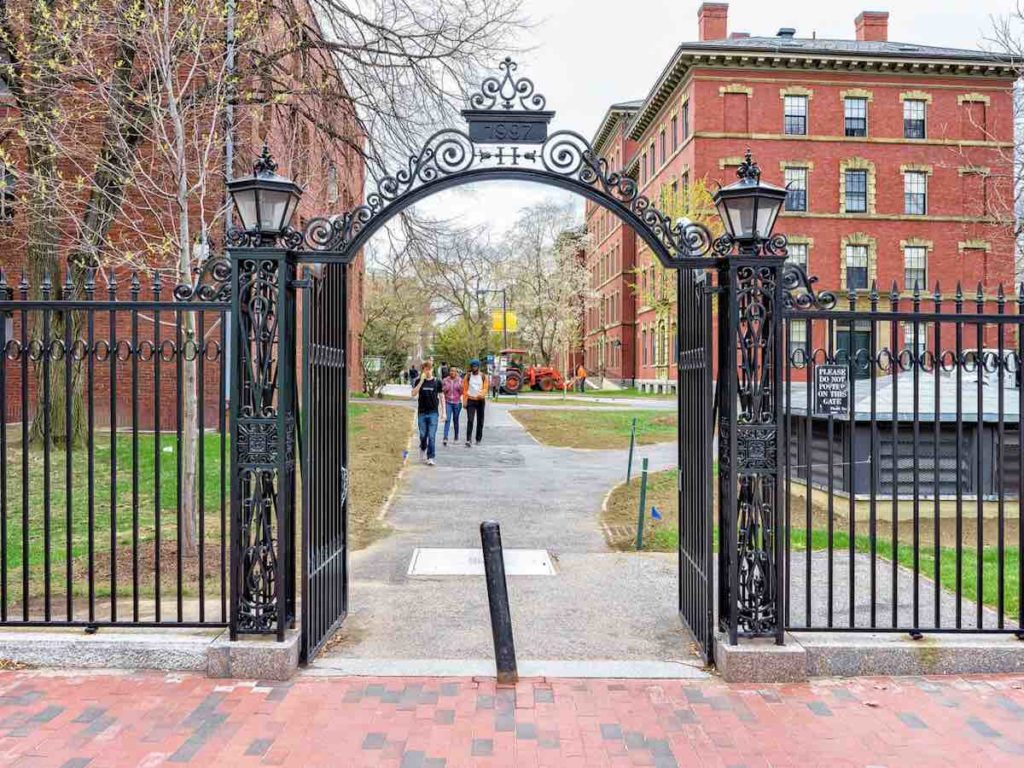
However, you can use it to have an idea of the quality of the college or university you are about to send an application to. Since a high graduation rate may indicate that students are happy with their overall college experience, you may find it enjoyable and fulfilling to get your hands on your degree on time.
Among the different US states, Massachusetts has the highest graduation rate. As a matter of fact, 73.5% of students at colleges and universities in the Bay State graduated within six years.
By the way, Massachusetts is also home to some of the highest-ranking institutions in the nation, such as:
- Harvard University
- Massachusetts Institute of Technology (MIT)
- Tufts University
- Boston College
- Boston University
Here’s a table showing other states with the highest graduation rates:
| STATE | GRADUATION RATE |
|---|---|
| Rhode Island | 71.10% |
| Washington | 69.30% |
| Iowa | 68.50% |
| Maryland | 68.30% |
| Connecticut | 68.00% |
| New Hampshire | 67.70% |
| Vermont | 67.10% |
| Pennsylvania | 67.00% |
| Virginia | 67.00% |
Alaska Has the Cheapest COA
Alaska, also known as the Last Frontier, is famous for its glaciers, fjords, mountains, waterways, salmon, moose and caribous.
For students who are on the hunt for college degrees for less, the northernmost and westernmost US state is also known for its cheap colleges and universities.
One of the things that many students applying to colleges and universities look at right away is the cost of attendance (COA). That’s because it will tell them if they will be able to afford to go to them for four years or not.
Whether you are from a low-income household or just want to stretch your budget, consider applying to any one of the schools located in Alaska.
It will surely help a lot if you are an in-state student, as you will be eligible for cheaper tuition at a public institution. Otherwise, fret not as out-of-state tuition costs in Alaska are cheaper, too.
The average in-state tuition in Alaska is $6,425 only.
The tuition cost varies from school to school as well as from major to major. Course level, number of credits taken, living arrangements, meal plans, etc. affect a school’s COA.
According to US News, the following are the best colleges and universities in Alaska:
- University of Alaska – Anchorage
- Alaska Pacific University
- University of Alaska – Southeast
- University of Alaska – Fairbanks
- Ilisagvik College
Read Also: Scholarship Types Nobody Applies For
Wyoming Has the Lowest In-State Tuition
If you are on a tight budget, consider moving to Wyoming, also known as the Equality State, to earn your degree there. That’s because, of all the 50 US states, it has the lowest in-state tuition costs.
What’s more, it’s second to Alaska in terms of the lowest out-of-state tuition in the nation.
The secret to the incredibly low in-state tuition in Wyoming is simple: Its government allots a whopping $15,000 per student fully enrolled at a public college per academic year. As a general rule, the higher the cost of public education the government allocates, the cheaper the in-state tuition gets.
As a matter of fact, New Hampshire apportions only $2,482 per student fully enrolled at its public colleges per academic year. It’s because of this why the Granite State has the most expensive in-state tuition in the US.
What’s more, it has the lowest spending on each public college student in the entire country.
Going back to Wyoming’s in-state tuition, it’s important to note that out-of-state students will have to pay higher tuition.
Most of the time, they will have to shell out a little more than double than in-state students. In the case of the University of Wyoming, out-of-state students will have to pay a little more than triple than in-state students.
But given the fact that the in-state tuition costs in Wyoming are some of the lowest in the country, it doesn’t come as a surprise why the state’s out-of-state tuition costs are still lower than in most other states.
Let’s take a look at Wyoming’s public colleges and their respective in-state and out-of-state tuition costs:
| SCHOOL | IN-STATE TUITION | OUT-OF-STATE TUITION |
|---|---|---|
| Casper College | $3,882 | $9,822 |
| Central Wyoming College | $4,500 | $10,440 |
| Eastern Wyoming College | $4,110 | $10,050 |
| Laramie County Community College | $4,432 | $10,372 |
| Northern Wyoming Community College District | $4,290 | $10,230 |
| Northwest College | $4,330 | $10,270 |
| University of Wyoming | $5,791 | $19,531 |
| Western Wyoming Community College | $3,456 | $8,208 |
| AVERAGE TUITION | $4,349 | $11,115 |
Read Also: How Do You Get a Scholarship in High School?
Conclusion
Different colleges and universities are known for different things.
Some are well-known for having the cheapest COA, while others are notorious for having the best parties. Similarly, different US states boast of different types of higher education institutions, which is why they tend to attract different college-bound kids.
Above, we talked about which states are associated with which colleges and universities.
Especially if you have to leave your home behind until you get your hands on a degree, it’s a must that you pack your bags and head to the right state with the right school for you.
Disclaimer: The views and opinions expressed in this article are those of the authors and do not necessarily represent those of the College Reality Check.
